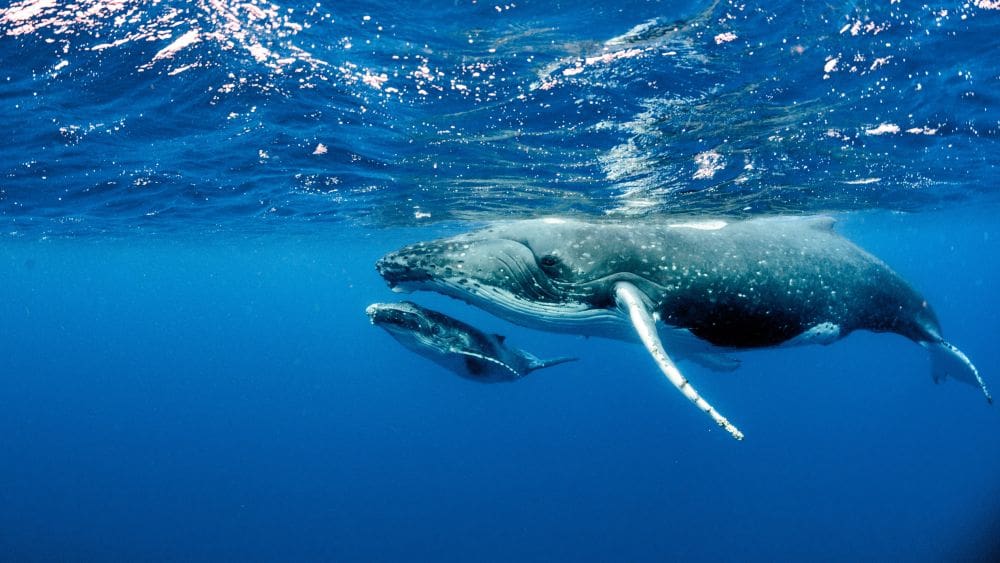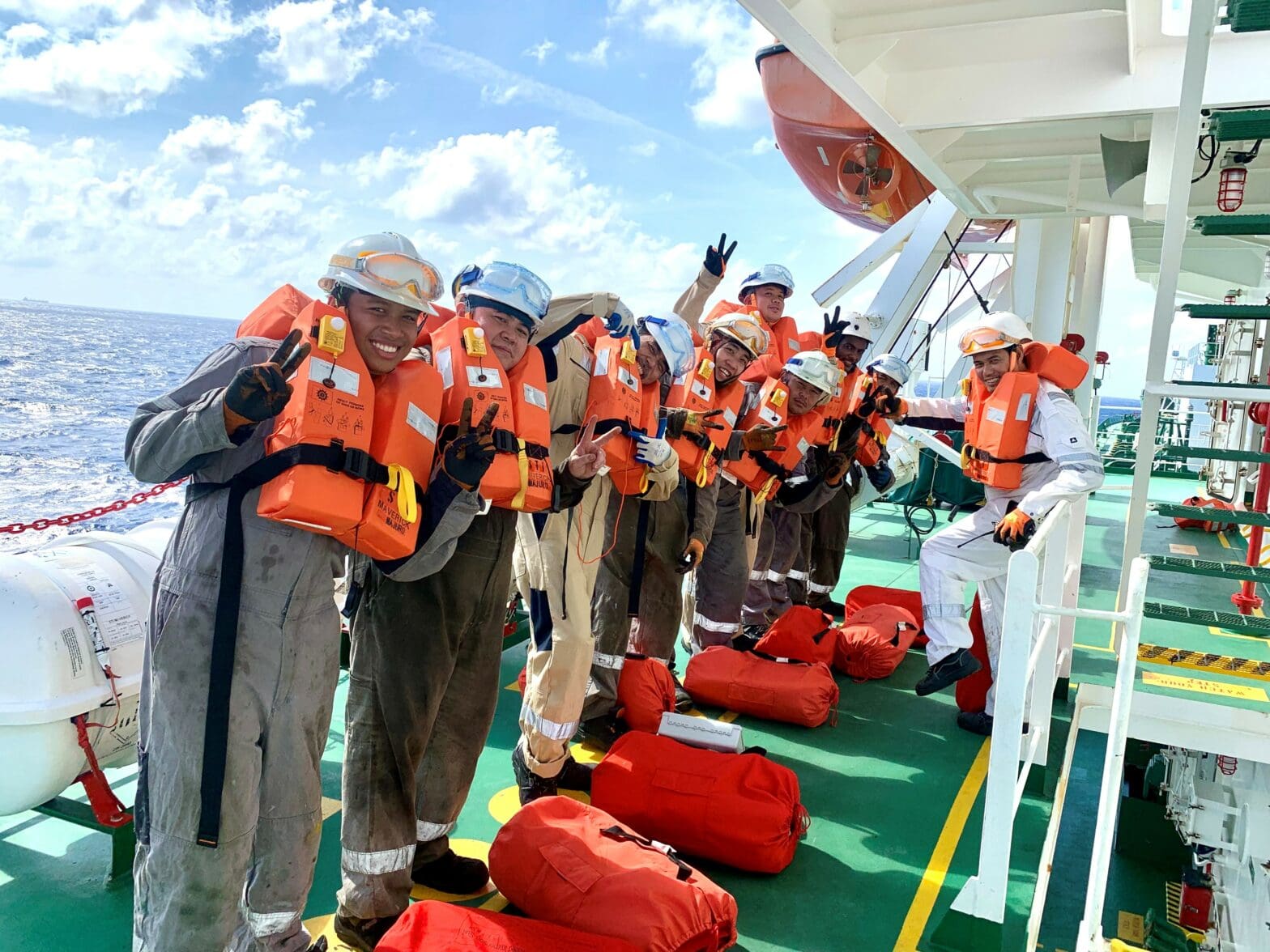How to Ensure Crew Welfare
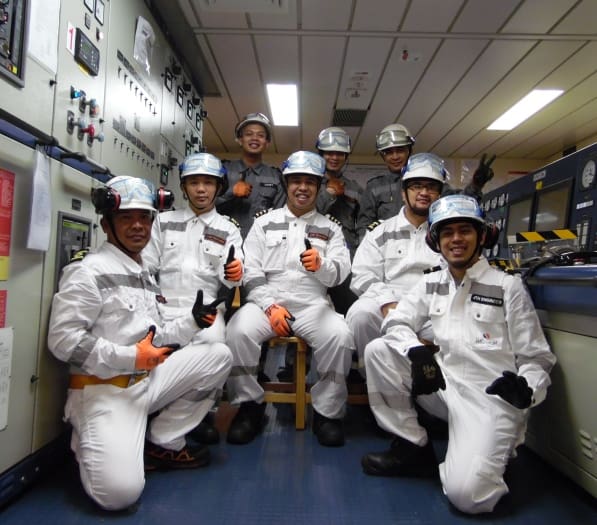
Over the course of my career, I have had different feelings and views regarding Mental Health (MH) and Wellbeing (WB). At sea, it’s clear to me that I interpreted situations in different ways at different stages of my career — when I was a Cadet, junior officer, and later as Master. This is likely the case for everyone, whether onboard or ashore. But it was my wife who formed the base of my understanding and passion for taking care of seafarers.
My wife, Taxia, studied psychology, and her dissertation for her MSc degree in Occupational Psychology was on Seafarer’s Life.
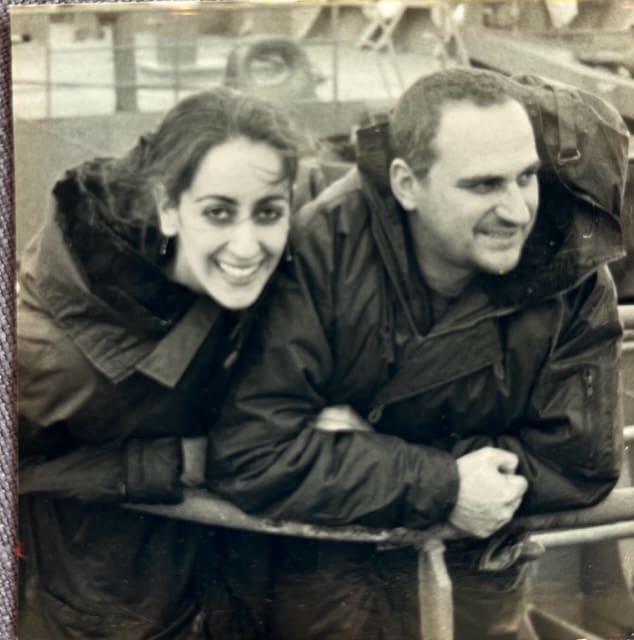
She joined me in many contracts while at sea, and our discussions in my early career about mental health and wellbeing were driven by an emotional need. These discussions formed the kernel around MH & WB, but were modified and transformed by my experiences both onboard and later in my shore-based roles. The toughest moments in the past few years have been experiencing serious wellbeing/mental health related cases. These have galvanized us in our work, pushing us to make changes at a foundational level.
It is a great opportunity to be working within Scorpio to develop ideas for safety protocols and preventative measures into a holistic MH & WB program. Scorpio’s ethos is to care for its people, but creating a culture of psychological safety is not easy. It takes time, resources, a lot of effort, and a careful approach. Fortunately, alongside our own efforts, the wider industry is evolving fast in this area, and many different organizations (oil majors, universities, and seafarers bodies) are contributing to create a broader safe space for mental health support. The key is understanding that MH & WB are intertwined in real life. A lot of effort has gone into every change, but the process has not been linear and we’ve had both success and setbacks along the way. In my experience, training is a key component of building a safe culture, and my favorite programs are: Partners in Safety by SHELL; “The Five Principles” of Todd Conklin; and the Safer Together program.
How to ensure wellbeing
From an organizational standpoint, the wellbeing journey starts by defining basic foundations that are relatively simple and obvious, but not without resource implications: 1) contract length; 2) quality of food; 3) free internet; 4) rest hours; 5) onboard social life; and 6) family medical insurance coverage. Each of the above needs careful management, especially family care. A company may have the most sophisticated systems and programs, but if they do not take into consideration the reality of a seafarer’s home life, they cannot fully support their safety onboard. Along with the other foundations, Scorpio offers quality medical insurance for all seafarers and their family members. This is how a company can ensure seafarers’ wellbeing—build foundations that make it simple to do, and difficult not to.
The keys to supporting mental health
Scorpio’s first step in supporting our seafarer’s mental health was to introduce an Open Line for them to call. Initially, the feedback was poor. Our crew were afraid to report problems or talk about issues involving wellbeing or mental health. After an incident, guidelines on Mental Health were disseminated across our fleet, we used posters, and ISWAN introduced their own support hotline. But again, we were not confident with the feedback. The next step was to hire a psychologist and an ‘Ombudsman’. Alongside this, we also introduced MH & WB ambassadors onboard whose role is to listen to their colleagues and act as a conduit to the help lines. This combination of ombudsman and ambassadors has worked, with the support of the psychologist, and we started to get valuable feedback, especially from our ratings. Additionally, success stories from the program are shared within the crew, and this has led to a positive feedback loop that is helping to break the stigma around mental health issues onboard. We have made good progress, but I don’t think we have reached the desired level yet. There is always room for improvement when it comes to the welfare of our crew!
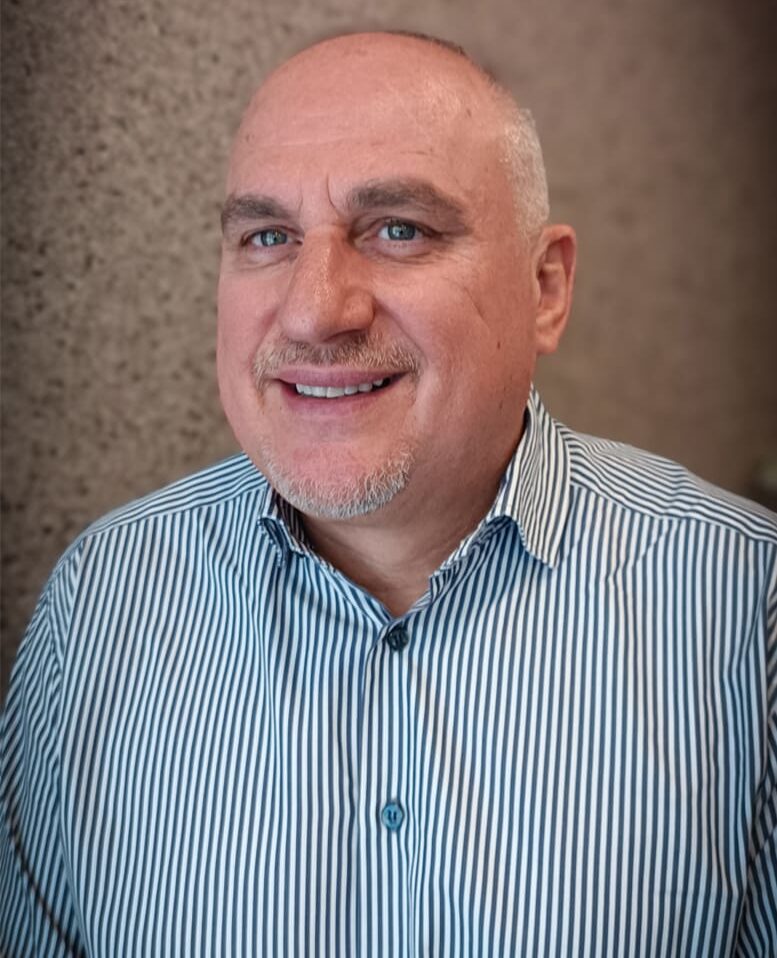
-Captain George Vasilakis
Managing Director, Optimum Ship Management
This article featured in Beacon 26, Scorpio seafarers can access and download all issues of the Beacon from DocMap while onboard.
